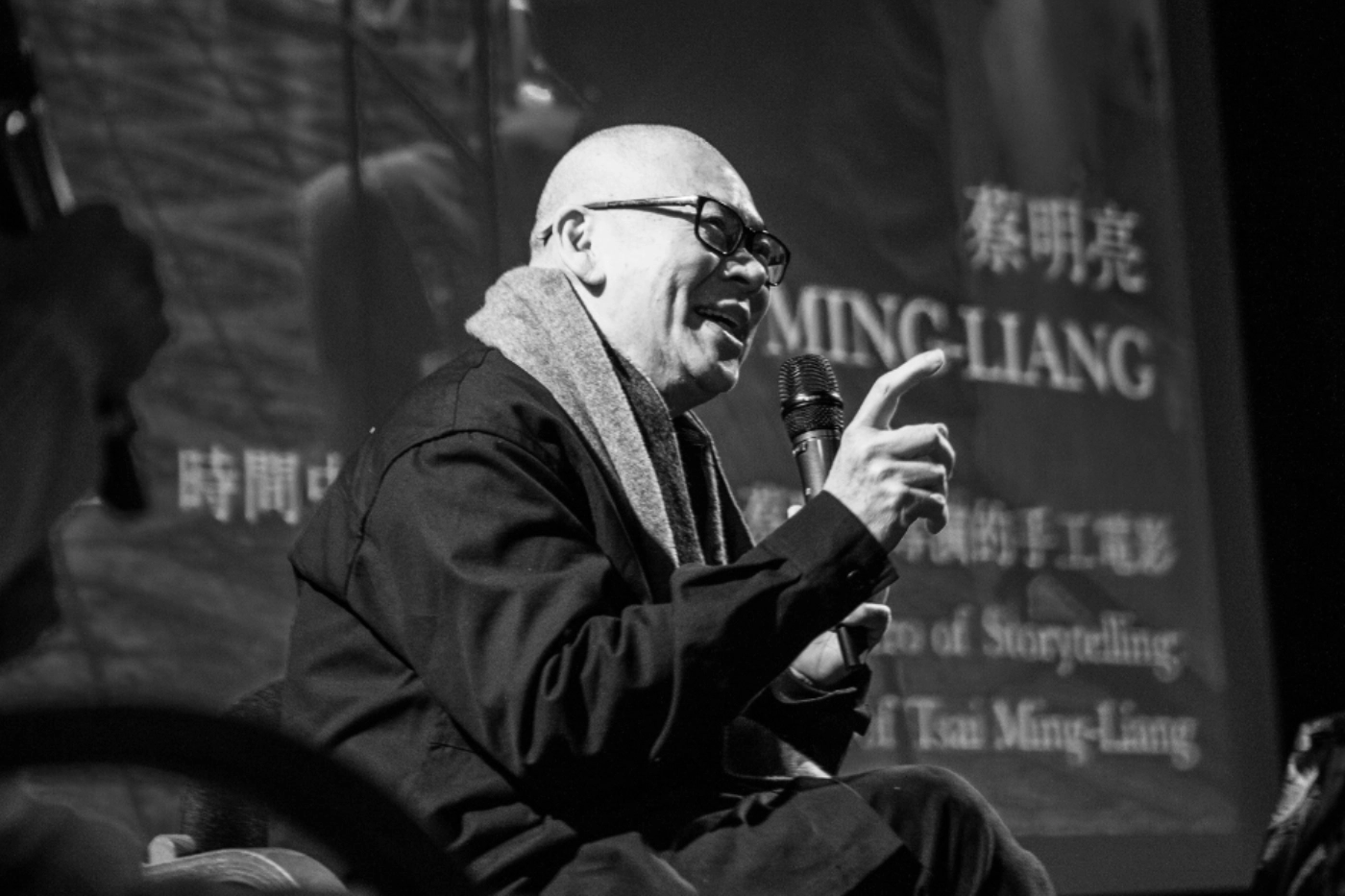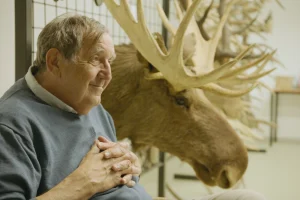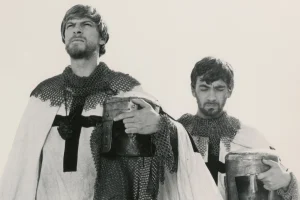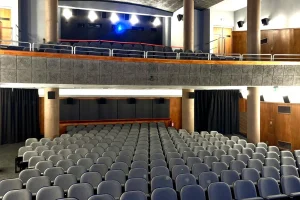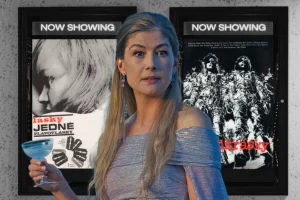Internationally renowned Taiwanese filmmaker Tsai Ming-liang will return to the Czech Republic this fall to collaborate with Prague’s Film and TV School of the Academy of Performing Arts (FAMU). Tsai, known for meditative works such as Goodbye, Dragon Inn and Stray Dogs, will create a new entry in his celebrated Walker series during the 29th Ji.hlava International Documentary Film Festival.
The project deepens ties between Czech and Taiwanese film communities following Tsai’s visit to FAMU last year. It also gives FAMU students an unusual opportunity to work alongside one of Asia’s most celebrated contemporary auteurs, whose films have premiered at Cannes, Venice, and Berlin. Filming will take place during the festival, with post-production handled at FAMU and a world premiere set for November 1 in Ji.hlava.
A hands-on mentorship during a live shoot
Unlike traditional workshops, Tsai’s Ji.hlava project goes beyond observation. FAMU students will occupy key roles on set, from camera and sound to editing and color grading, working directly under the director’s guidance. The film will feature a single performer and will be shot within the festival’s tight schedule, requiring what FAMU associate dean Vít Schmarc described as “full engagement and concentration.”
“This is not just shadowing,” Schmarc said in a statement. “Our students are fully integrated into the creation of a filmmaker whose work has shaped how we perceive time and space. To walk alongside Tsai Ming-liang and actor Lee Kang-sheng is an experience between reality and a dream.”
Producer initiatives from Taiwan helped connect Tsai, FAMU, and the Ji.hlava festival for this collaboration. Festival director Marek Hovorka called the project “a great honor for Ji.hlava and the Czech Republic,” noting that previous Walker installments were filmed in locations from Hong Kong and Malaysia to France and the United States.
A slow journey through the Walker series
The Ji.hlava film will join a body of work that Tsai has been developing for more than a decade. Launched in 2012, the Walker series features Lee Kang-sheng—Tsai’s longtime collaborator—moving at an almost imperceptible pace through bustling urban environments. The films create a meditative tension between the monk’s deliberate, spiritual movement and the frenetic rhythm of modern city life.
Lee, who has appeared in all of Tsai’s major works since the late 1980s, recently confirmed to Variety that two more Walker films are in development. He described Tsai’s improvisational style as one that gives actors unusual freedom.
“Director Tsai isn’t a director who works with a full script,” Lee said. “He often gives me a synopsis, so there’s a lot of room for improvisation.” This approach, Lee added, has shaped his naturalistic performances and influenced his work with other filmmakers.
For Ji.hlava audiences, the Czech production will offer a fresh setting for the series’ contemplative exploration of time and space. Supported by Taiwan’s Ministry of Culture and the Taipei Economic and Cultural Office in Prague, the project also highlights the growing cultural exchange between Taiwan and the Czech Republic.
As Schmarc noted, the collaboration represents “a rare chance to experience the art of filmmaking as a shared journey,” bringing a quiet, meditative cinema into the heart of an international documentary festival.

